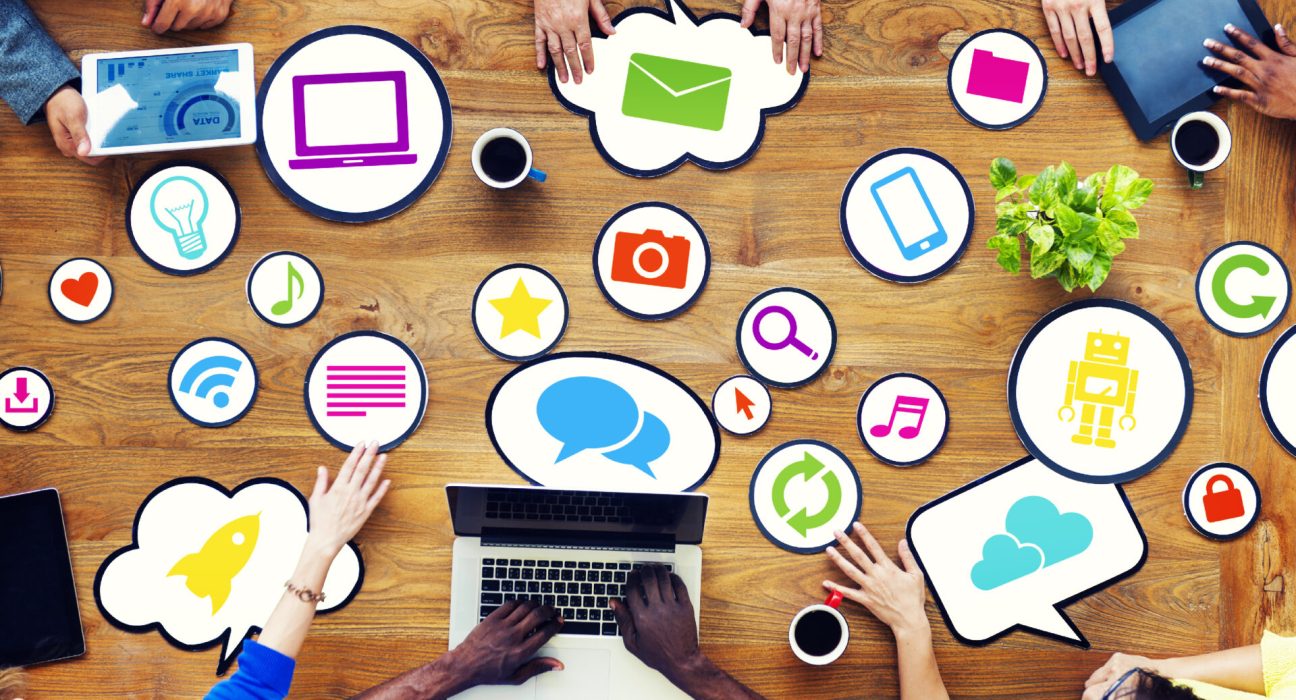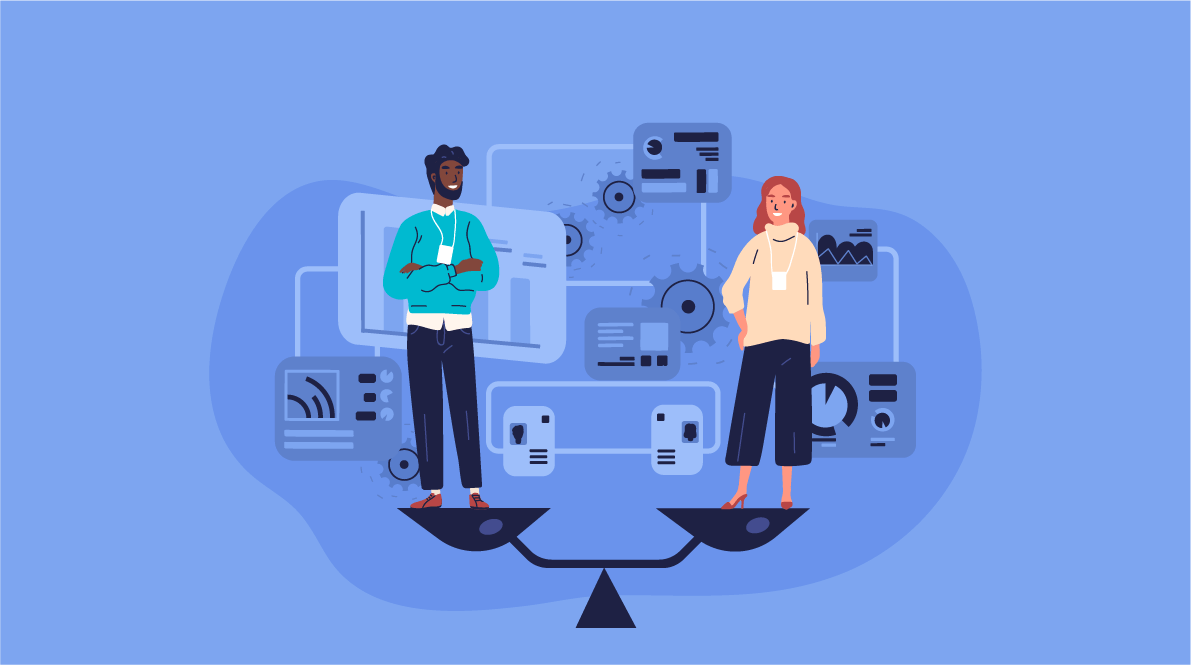The Role of Social Media in Shaping Public Opinion and Political Movements.

Introduction
In recent years, social media has transformed how information is shared, consumed, and acted upon. Platforms such as Twitter, Facebook, Instagram, and TikTok have become powerful tools not only for personal expression but also for shaping public opinion and influencing political movements. Social media has proven to be a double-edged sword—enabling individuals to raise their voices on important issues while also serving as a platform for the spread of misinformation. This article explores how social media shapes public opinion, its role in political movements, and the challenges it presents in today’s digital age.
Social Media’s Influence on Public Opinion
- Instant Access to Information
Social media provides immediate access to news and information. This real-time availability of information allows public opinion to form quickly, especially when significant events or crises occur. News outlets, influencers, and individuals can instantly share stories and updates, influencing how people perceive events or issues. The immediacy of social media has made it a primary source of information for many, sometimes replacing traditional news outlets. - Echo Chambers and Filter Bubbles
While social media connects people globally, it can also reinforce existing beliefs. Algorithms used by platforms often prioritize content that aligns with users’ past behavior, creating echo chambers or filter bubbles where individuals are only exposed to opinions that match their own. This can intensify polarization, as people become more entrenched in their views and less likely to encounter diverse perspectives, ultimately shaping public opinion in a skewed manner. - Misinformation and Fake News
One of the most significant challenges with social media is the spread of misinformation. False news, rumors, and propaganda can spread rapidly, influencing public opinion in harmful ways. Social media’s viral nature allows misinformation to reach millions of people, often with little fact-checking or oversight. The spread of fake news has been linked to influencing elections, public health crises (such as the COVID-19 pandemic), and major societal events. - Role of Influencers
Influencers and public figures play a significant role in shaping public opinion on social media. By leveraging their large followings, influencers can sway opinions on various topics, from political ideologies to consumer choices. The credibility of influencers is often based on their perceived authenticity, and their ability to engage with their audience in a personal and relatable way. This level of influence makes social media a powerful tool for shaping public discourse.
Social Media and Political Movements
- Mobilization and Awareness
Social media has proven to be an essential tool in political movements. It provides activists with a platform to organize protests, raise awareness, and amplify their messages. Movements like the Arab Spring, #BlackLivesMatter, and #MeToo have demonstrated how social media can be used to mobilize people, spread awareness about important social issues, and hold governments and institutions accountable. The ability to organize events, share personal stories, and garner global attention has made social media an invaluable tool for political change. - Direct Communication with Politicians
Social media allows politicians to directly communicate with their constituents, bypassing traditional media outlets. This direct communication enables politicians to shape their image, promote policies, and respond to issues in real time. Social media also facilitates two-way communication, allowing politicians to engage with the public, receive feedback, and adjust their positions accordingly. This real-time feedback loop can significantly impact the political landscape. - Campaigning and Electioneering
In the realm of politics, social media has become a central tool in election campaigns. Politicians use platforms to promote their candidacies, fundraise, and engage with voters. Social media allows for targeted advertising, enabling campaigns to reach specific demographics based on data analytics. The micro-targeting of voters has raised concerns about privacy and the ethical use of data, but it has also proven to be highly effective in mobilizing support and influencing elections. - Global Impact of Local Movements
Social media has given local political movements a global stage. Activists can now share their causes with people around the world, raising awareness and generating international support. The spread of local movements to a global audience can put pressure on governments and organizations to act, as seen with movements like Fridays for Future, where Greta Thunberg’s climate protests inspired youth activism worldwide. Social media has the power to bring global attention to local issues, creating international solidarity and change.
Challenges Posed by Social Media in Politics and Public Opinion
- Polarization and Divisiveness
While social media can foster dialogue, it often deepens political divisions. The anonymity provided by social media allows individuals to express extreme views without accountability, which can lead to heated debates, online harassment, and the spread of hate speech. This divisiveness is particularly evident in politics, where social media discussions can become toxic, making it difficult to find common ground on key issues. - Manipulation and Propaganda
Social media has also become a tool for political manipulation. Political groups and foreign actors have used platforms to spread propaganda, sow discord, and influence elections. The use of bots and fake accounts to amplify certain narratives or distort the truth has raised concerns about the integrity of democratic processes. The manipulation of social media for political gain can undermine trust in institutions and disrupt the democratic process. - Regulation and Censorship
The rapid growth of social media has raised questions about how it should be regulated. Governments and tech companies are struggling to find a balance between protecting free speech and curbing harmful content. Issues like hate speech, misinformation, and foreign interference require global cooperation to ensure that social media platforms are accountable for the content they host. The debate over regulation versus censorship is ongoing, with different countries adopting varying approaches to managing social media.
Solutions and the Future of Social Media in Politics
- Fact-checking and Media Literacy
Combating misinformation requires a concerted effort from both social media platforms and users. Fact-checking organizations and independent media outlets can help identify false information and prevent its spread. Additionally, promoting media literacy can empower individuals to critically assess the information they encounter online and reduce the influence of fake news on public opinion. - Stronger Regulations for Social Media Platforms
Governments and international bodies must establish stronger regulations for social media platforms, requiring them to take more responsibility for the content they host. These regulations could include stricter laws against hate speech, more transparency around advertising, and rules to prevent foreign interference in elections. The goal should be to ensure that social media remains a platform for open debate while minimizing harm. - Promoting Civic Engagement
Social media can be a powerful tool for fostering civic engagement, where individuals are encouraged to participate in meaningful discussions, volunteer, and engage with political processes. Platforms can encourage positive civic behavior by promoting constructive dialogue and providing resources for political education.
Conclusion
Social media has fundamentally transformed the way we communicate, form opinions, and engage with political movements. While it offers unprecedented opportunities for mobilization and awareness, it also presents significant challenges, including misinformation, polarization, and political manipulation. Moving forward, it is crucial to address these challenges by fostering responsible use of social media, promoting media literacy, and ensuring robust regulations. By doing so, we can harness the power of social media to strengthen democracy, enhance public discourse, and create positive political change.
Call to Action:
As users of social media, we have a responsibility to engage thoughtfully, critically assess the information we share, and contribute to fostering a respectful and informed online community. The future of social media in shaping public opinion and political movements depends on our collective efforts to promote truth, transparency, and positive engagement.









